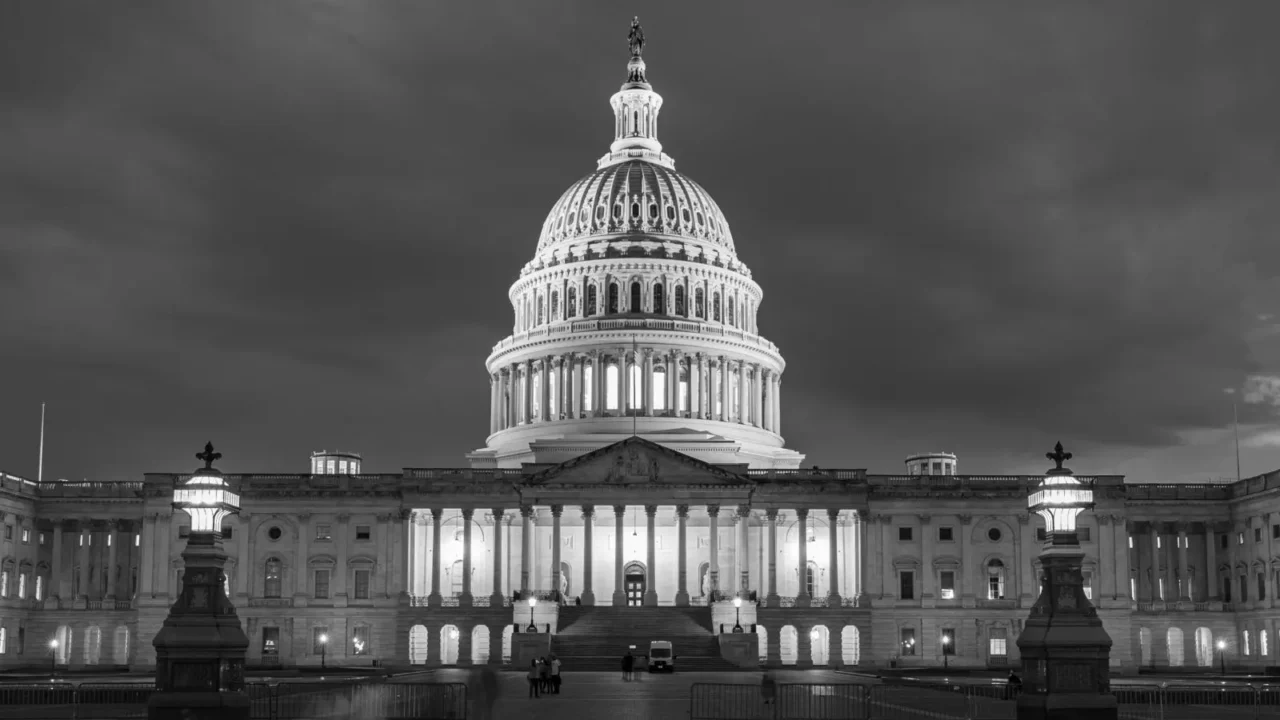Clients rave about the speed at which transactions with contractors and suppliers can be processed through theuse of software and digital tools, but they often wonder whether electronic signatures have the same effect as handwritten signatures. The legal answer is yes, but not everyone is on board yet.
The law of electronic signatures primarily derives from two statutes: the Electronic Signatures in Global and National Commerce Act 2000 (ESIGN), which governs at the federal level, and the Uniform Electronic Transactions Act (UETA), which governs each state (except New York, Illinois and Washington). Both laws establish that electronic signatures are legal with only a few exceptions.
Federal Level
ESIGN established the foundation for the legal recognition of electronic signatures “with respect to transactions in or affecting interstate or foreign commerce” by requiring states to implement their own laws for the use and acceptance of electronic signatures. ESIGN creates the standard for nationwide use of electronic signatures by requiring each state to adopt the UETA, or an alternative law that sets out similar procedures for the use and acceptance of electronic signatures.
ESIGN and UETA permit almost all uses of electronic signatures. However, electronic signatures are not permitted for most transactions under the Uniform Commercial Code, except those governed by Article 2 (sales) and Article 2A (leases), and for the creation and execution of wills and trusts. If there is an inconsistency between the exceptions under ESIGN and UETA, the ESIGN exceptions likely will prevail. That said, it is advisable to comply with exceptions under both statutes.
State Level
Forty-seven states and the District of Columbia have adopted UETA as their governing law. UETA provides that a signature may not be denied legal effect or enforceability solely because it is in electronic form. In other words, electronic signatures are legally enforceable. Wisconsin’s version of UETA, which is more or less identical to all of the others, provides as follows:
- A record or signature may not be denied legal effect or enforceability solely because it is in electronic form.
- A contract may not be denied legal effect or enforceability solely because an electronic record was used in its formation.
- If a law requires a record to be in writing, an electronic record satisfies that requirement.
- If a law requires a signature, an electronic signature satisfies that requirement.
Illinois, Washington and New York have not adopted UETA. Illinois and New York have similar laws that provide for the enforceability of electronic signatures. However, those states do not permit electronic signatures for negotiable instruments and instruments of title, such as checks or motor vehicle titles. Washington does not have any similar laws, so ESIGN applies there.
UETA only applies when parties have agreed to conduct transactions by electronic means. The best way to establish that agreement is by incorporating a provision in the contract governing the parties’ relationship that specifically states that the parties agree to conduct their transactions electronically. The parties also can be deemed to have agreed to conduct a transaction by electronic means by virtue of the parties’ conduct (i.e., engaging in business electronically).
Notary and Recording Issues
UETA provides that a notary signature may be signed electronically, but it does not eliminate the other requirements of notarial laws. For example, the notary must still be physically present in the room with the party whose signature is being notarized.
The electronic signature of a notary will satisfy statutory requirements for the notary’s paper-and-ink signature if the electronic signature “together with all other information required to be included by applicable law (i.e., the notarial certificate, seal
information, commission expiration date, etc.) is attached to or logically associated with the signature or record.” This allows notaries to simply type their signature and seal information onto the electronic document. It is important to confirm that a state has adopted this provision in the same form as UETA and confirm that a state’s UETA is consistent with its notarization procedures.
The Uniform Real Property Electronic Recording Act (URPERA) is another model law that states may voluntarily adopt. It provides the authority for recording officials such as registers of deeds to receive and record electronic land records and information. To date, 28 states have adopted URPERA.
With the validity of electronic signatures nationally recognized, construction companies should carefully review their states’ UETA and other laws to determine which exceptions apply to their projects. Notarization procedures also should be confirmed. Every business should match the digital progress with its own innovation in contracting and administration.
Practical Challenges
While the law allows electronic signatures by parties and notaries, there are challenges as the use is implemented. Clients have seen some contracting parties remain skeptical and demand a good old “John Hancock.” Several escrow agents and title companies continue to require inked personal signatures. Many county recorders reject liens and satisfactions that lack a raised notarial stamp, and some general contractors utilizing contracting software find that less sophisticated subcontractors resist updating their systems and learning the basic processes. Nevertheless, the industry is changing toward a more paperless world, and the stragglers will eventually come on board.







